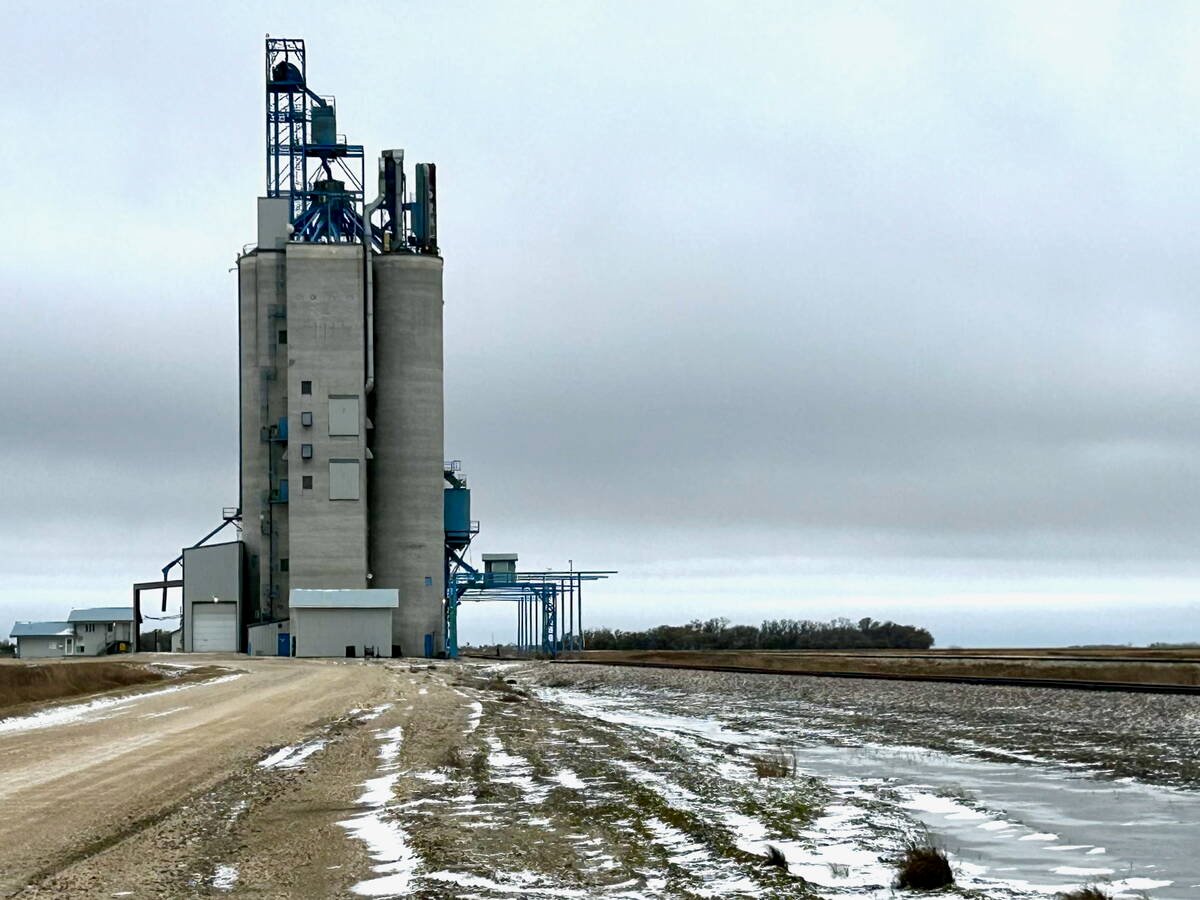Canada’s food traceability system has fallen behind that of competitor countries despite political promises and industry efforts, says a report from the Conference Board of Canada.
The report argues that adoption of a more robust traceability system would help the food industry, but the cost may exceed the potential benefit for smaller companies.
“In Canada, as in other developed countries, food traceability systems generate both public interest benefits and private benefits but also substantial costs for stakeholders,” said the report published last week.
“Efficient and effective traceability systems offer maximum benefits for minimum costs.”
Read Also

Manitoba grain elevator ownership expands
Carman-based Linear Grain buys Fannystelle elevator from Bunge, another three elevators sold to Morden’s BP & Sons Grain and Storage Inc.
Food safety legislation now making its way through the House of Commons will require a food traceability system and better control over food imports once it is approved and passed into law this autumn. The rules for how the traceability system will be implemented are not yet clear.
The report from the business-sponsored think-tank stressed that product traceability systems are good for the bottom line.
“Private interests are a major factor in motivating the food industry to invest in traceability, in addition to public interest considerations,” it said. “Companies that invest in traceability systems can gain significant private benefits.”
Benefits can include lower production and shipping costs.
However, the report said not all food sector players have understood the benefits of traceability.














